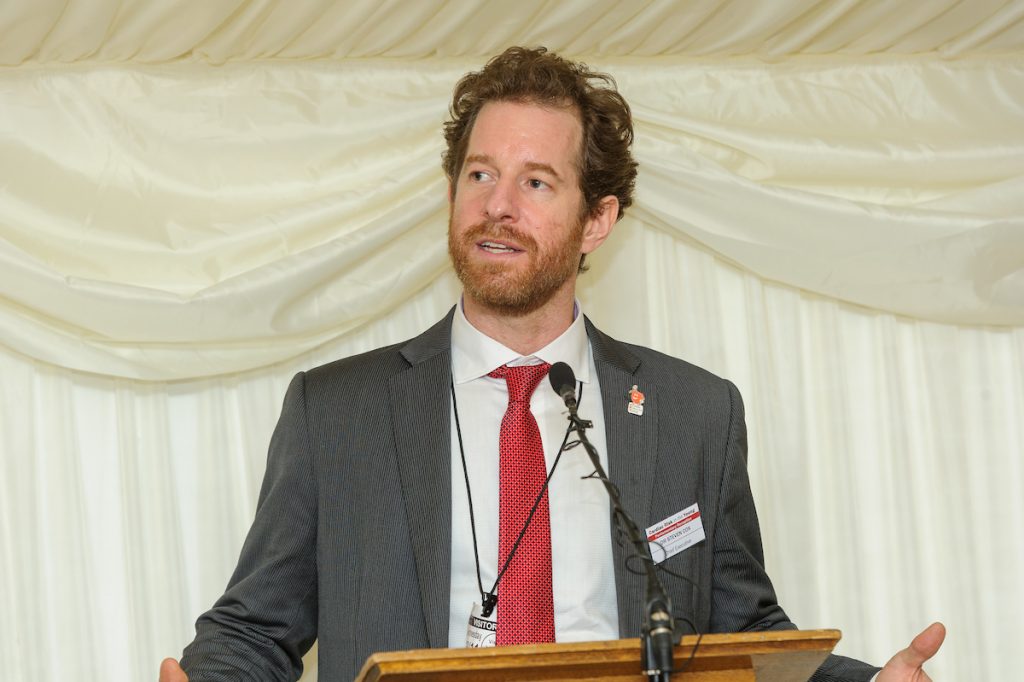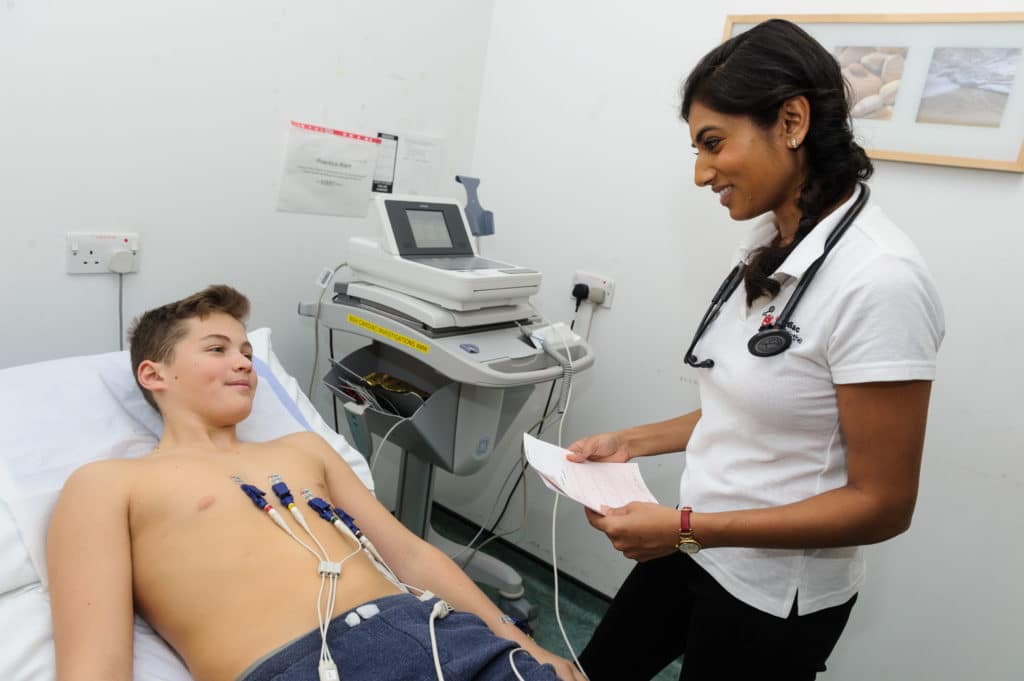
“CRY welcomes the news today of a major investment into research to build on the emerging evidence of gene therapy for some of the conditions which can cause young sudden cardiac death.
“In 2008, CRY’s data and analysis showed for the first time that every week in the UK, 12 young people aged 35 and under die suddenly from a cardiac condition.
“We are therefore delighted to see this surge in investment, not just from the British Heart Foundation, but also the pharmaceutical industry which will bring great hope to the thousands of families who have been campaigning for so many years that more should be done to save young lives.
“However, as with any announcement of new funding of this scale, it is equally important to offer some additional context and to highlight potential caveats to the headlines.
“The two most important messages we want to stress are:
Firstly, people need to know if they have a condition (such as cardiomyopathy) before they can be treated with a therapy which could rewrite their DNA. That’s why CRY wants every young person to have the opportunity to have their heart tested as soon as possible.
Secondly, the sooner a person finds out they have a cardiac condition the better. The thought that a condition could be cured is amazing. However, often treatment is focused on stopping disease progression. Too often people find out they have a serious life-threatening condition when they become severely symptomatic and the damage to their heart has already been done.
“Or, tragically, a genetic condition will only be identified following the sudden cardiac death of another family member.
“And, in 80% of young people who are living with a ‘hidden’ genetic heart condition, there will be no symptoms or warning signs, so often the first sign that anything is wrong in that ‘apparently fit and healthy’ person will be the last sign.
“CRY is committed to identifying heart conditions as early as possible so the disease can be stopped in its tracks. And most importantly, young people can take the necessary precautions to avoid suffering a cardiac arrest, preventing young sudden deaths
Dr Cox continues; “Whilst this research is focused on cardiomyopathy (and not all the ‘electrical faults’ or arrhythmias which cause a significant percentage of these tragic sudden cardiac deaths in young people) this is still a major step forward and reflects a heightened awareness of these condition in medicine and wider society.
“There’s no doubt that more money is going to be invested and we trust we will see similar funding into the conditions which cause sudden arrhythmic death (SADS) such as long QT and brugada syndrome.
“But we trust we will also see more investment in the treatment of serious heart conditions which can cause young sudden cardiac death which are not inherited – that’s the congenital abnormalities (i.e. individuals born with a heart defect) or acquired conditions.
“These are all conditions we are routinely identifying in the CRY screening programme, leading to life saving treatment and often curative surgery for those young people who are diagnosed in time.
Dr Cox concludes; “In summary, this announcement today is great news. Since 1995 CRY has been campaigning and raising awareness that more needs to be done to save young lives.
“For more than 25 years, CRY’s research programme, led by world expert Professor Sanjay Sharma (alongside fellow, internationally acclaimed cardiac specialists like Professor Mary Sheppard and Dr Michael Papadakis) has been transforming our understanding of the causes and prevention of young sudden cardiac death.
“Our ‘CRY families’ have donated millions of pounds to support this research in memory of so many young people who have died so suddenly. This commitment in the face of what they have been through is unbelievable.
“To every family member and person who wants to see change, today’s announcement is a clear sign that the message is getting through, and progress is being made.
“Young sudden cardiac death is not a “small” problem or a niche issue as has sometimes been suggested by the National Screening Committee – and it cannot be ignored.
“We know the future holds so much possibility and hope and it is fantastic to think there will be young people we are identifying within the CRY screening programme today, who could benefit from these treatments in our lifetime, maybe even within the next decade.”
For further media information or to arrange an interview with Dr Steven Cox, please contact Jo Hudson in the CRY Press Office on 0770 948 7959 / jo.hudson@trinitypr.co.uk






